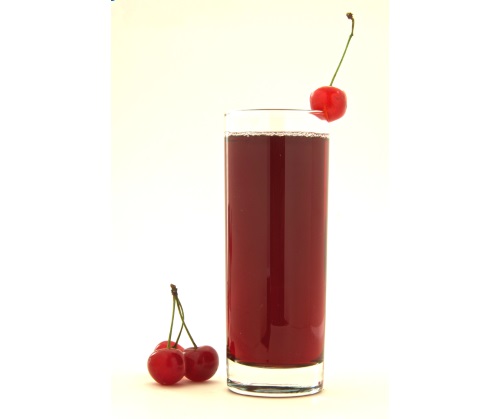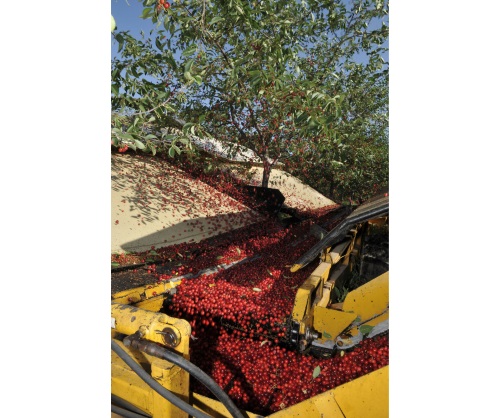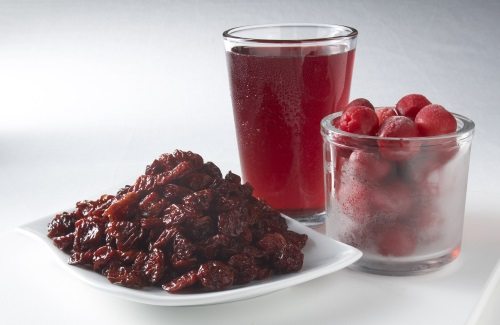Medicines and pharmaceutical ingredients are heavily researched, clinically trialed and regulated for consumer safety.
They will also be tested for efficacy and functionality scientifically.
With more people being conscious of how foods affect their health and wellbeing, the food industry has been seeing products being marketed as superfood, healthy and the like.
Chief Marketing O fficer of the Cherry Marketing Institute, Jeff Manning, tells Food News International that marketers should act responsibly and back their product claims with science.
He shares more pertaining to products that claim to promote sleep.
Here are more details.
FNI: What are your views on food ingredients that are popularly marketed to promote sleep?
Manning: Sleep is an incredibly important and newsworthy topic.
It impacts literally everyone’s personal and business lives.
As sleep-related problems surface in consumer surveys and trend analyses, food and beverage marketers are eager to leverage them.
However, it is critical that we act responsibly and base our promises and claims on science.
Tart cherries are one of the few foods that contain melatonin, a natural compound that helps promote sleep.
There is also published research linking tart cherries to improved sleep quality and duration.
FNI: How are these ingredients natural solutions to boost sleep?
Manning: Americans are moving away from medicating themselves for their health issues, be they digestive, headaches or sleep.
It is widely accepted in the scientific community that melatonin helps regulate sleep patterns.
While melatonin does not automatically boost sleep, it can help give many people longer and more productive sleep patterns.
Researchers believe it is the melatonin, as well as the natural compounds called anthocyanins in tart cherries, that may be reason behind the sleep benefit.
FNI: What opportunities should food and beverage producers capitalize on in this ‘sleep’ category?
Manning: Food and beverage companies need to move carefully and responsibly into the sleep marketing arena.
Making unsubstantiated or even questionable claims will be counterproductive.
Science is the key and we must take the time (and spend the money) before suggesting our products promote better sleep.

FNI: What challenges would these producers need to overcome when offering products that boost sleep?
Manning: As suggested above, the biggest challenge is to do the science before making the claim.
We are very careful not to imply any sleep benefit for tart cherries before a substantial amount of science had made our case.
The other challenge is to always put the consumers’ well-being first.
The brand’s best interest must be secondary to the consumer’s health.
FNI: What would be the future of this category in the next five years?
Manning: Assuming consistently positive scientific results, sleep could be the most important topic on the American health agenda after obesity.
It affects everyone’s health in ways we may not even be aware of yet.
Perhaps most vital is the fact that sleep impacts the health of children.
The tart cherry industry will take a leadership role in the area of sleep and will continue to support more and richer science.










